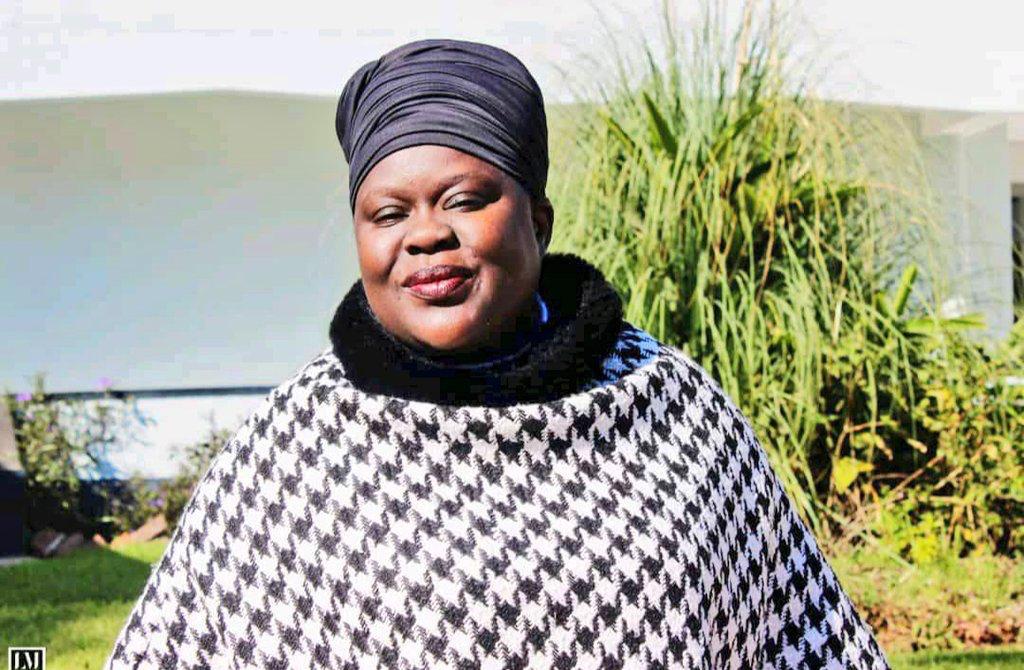Women group bemoans low female 2023 poll participation
Share

Bulawayo (New Ziana) – A local women’s group has bemoaned a decrease in women participation in national elections after it emerged that women constituted just 11 percent of candidates who successfully passed nomination to contest for national assembly seats in the August 23 polls.
There are no women among the 11 candidates contesting for the presidency in the elections.
The Zimbabwe Electoral Commission (ZEC) has already gazetted the list of nominated candidates for the national assembly and presidential contests.
In a statement, Women’s Institute for Leadership Development (WILD), said nomination court results on candidates that will stand in the 2023 harmonised elections showed low levels of women participation.
“Progressively, the women and youth quota, and the zebra format were adhered to in the National Assembly and Senate list. However, the 11 percent that is 70/637 women candidates nominated for the National Assembly direct election and 0 percent for presidential candidacy compared to 237/ 1648 (14.4%) female candidates for National Assembly and 4 female Presidential candidates in 2018 is retrogressive in attaining gender equality,” it said.
“It leaves women on the margins of decision-making, which is also detrimental to democracy and the reduction of the pervasive gender inequality gap. It also means women’s concerns and perspectives in issues of opportunities, public resource management and service delivery will not be prioritised,” the institute added.
The organisation said despite notable progress made in recent years, women continue to be underrepresented in political leadership and decision making processes.
The gender of legislators has a distinct impact on their political priorities, making it crucial that women are present in political life to represent the concerns of women, marginalised groups and communities, to improve the responsiveness of social policy, development and governance.
WILD attributed the low political participation of women in Zimbabwe to cultural and societal norms, limited access to education, socio-economic disparities, and structural barriers within political parties and steep nomination fees.
“WILD calls upon the government, civil society organizations, political parties, and the broader Zimbabwean community, regional international partners, to take immediate and sustained action to enhance women’s political participation,” it said.
New Ziana







